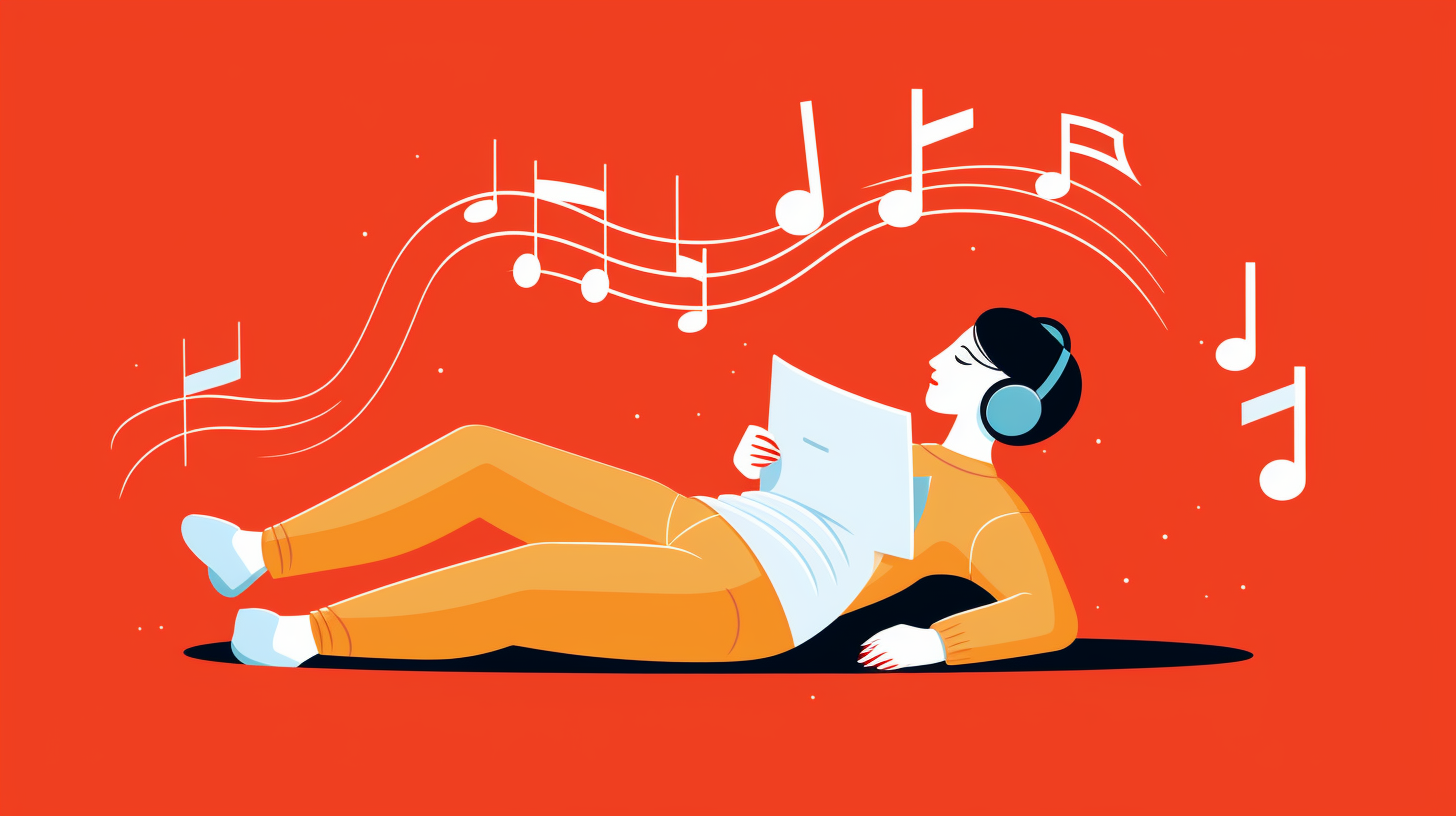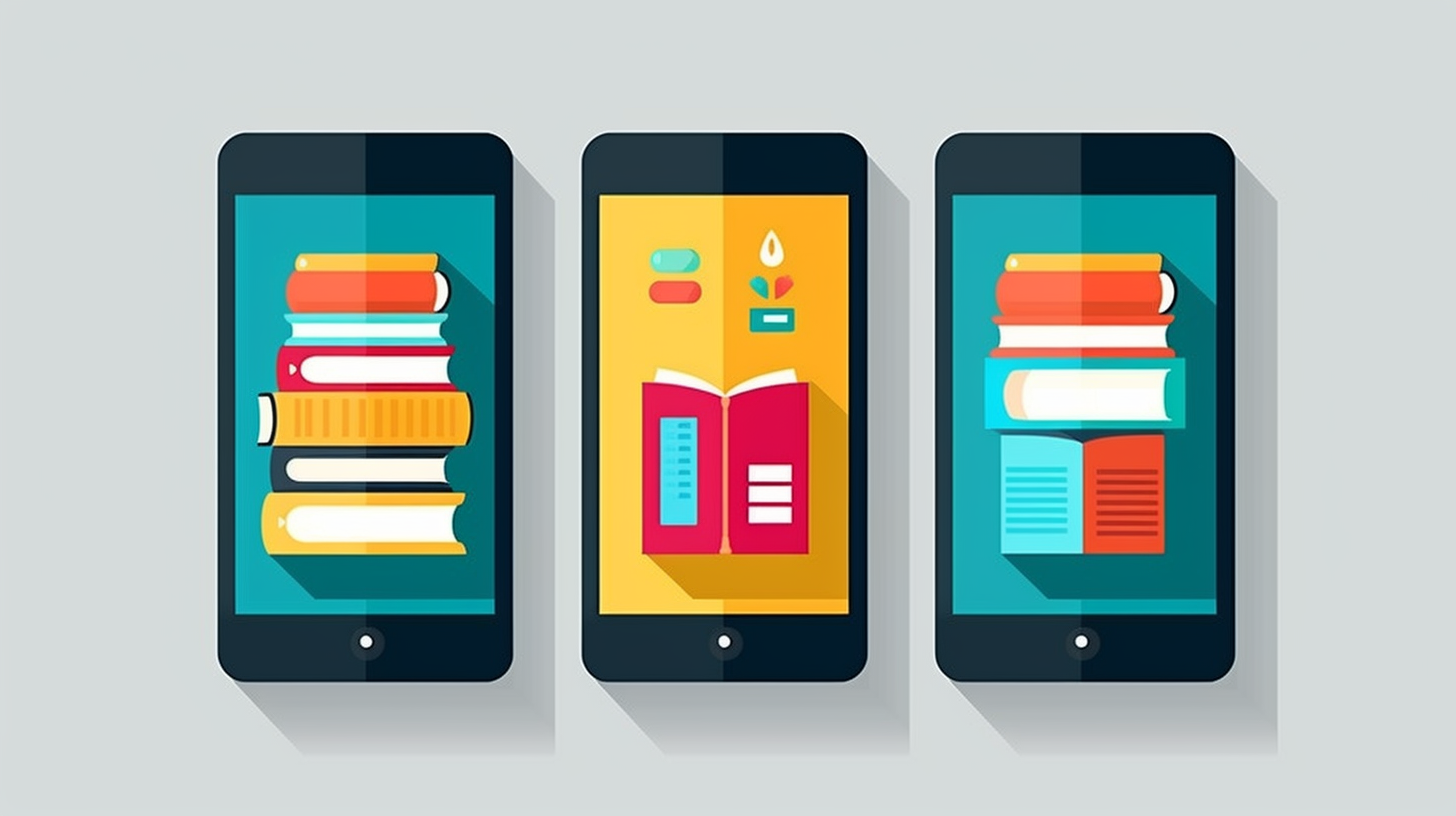In an age of constant distractions, mastering the art of “how to focus when reading” can be valuable. Learning how to focus when reading is a challenge many face, but it’s a skill that can be honed. In this text, you’ll discover why zeroing in on your reading material is crucial for comprehension and retention. We’ll explore the everyday distractions that might pull your attention away and provide actionable tips to enhance your concentration.
You’ll learn how to develop a reading schedule that aligns with your lifestyle and the unique benefits of focused reading. Whether you’re studying for an exam or diving into a new novel, these strategies will help you absorb every word. Stick around to transform the way you read, one page at a time.
Importance of Focusing When Reading
Understanding how to focus when reading is crucial because your ability to comprehend and retain information hinges on it. Focus in reading is acknowledging the words on the page, actively engaging with the content, dissecting its meaning, and integrating that knowledge into your mind.
If you’ve ever asked yourself, “Why can’t I focus while reading?” you’re not alone. Distractions are pervasive in our digital age, making focused reading a challenge. However, identifying your distractions is the first step to overcoming them. Whether it’s noise, electronic devices, or even personal stressors, acknowledging these distractions allows you to address them directly, enhancing your ability to stay focused while reading.
To improve focus while reading, try these strategies:
- Find a quiet environment where interruptions are minimal.
- Remove electronic devices or use them in ways that support your reading goal.
- Set specific reading goals before you begin, such as the number of pages you wish to read or critical concepts to understand.
How to concentrate in reading also depends on your mental state. It’s essential to approach your reading session with a clear and open mind, ready to absorb and reflect on the material. Mental clarity can be achieved through short meditative exercises or simply by ensuring you’re well-rested before diving into your book.
Audiobooks can offer a solution for those who struggle to maintain attention. Audiobooks can enhance your focus when traditional reading falls short by providing a more dynamic and engaging experience. Not only can they fit seamlessly into your lifestyle, but they also allow you to absorb stories and information through active listening, which, for many, can be more conducive to learning than the passive act of reading.
Finally, remember that practice makes perfect. The more you read or listen to audiobooks, the better you’ll become at focusing. By persistently practicing and applying these strategies, you’ll notice a significant improvement in your focus and overall reading experience.
Common Distractions While Reading
External Distractions
When you’re trying to focus in reading, external distractions can significantly impede your ability. They stem from your immediate environment. For example, a loud conversation nearby or the persistent hum of traffic can easily break your concentration. Even when you’re deeply engrossed in a story, a phone’s ping announcing a new message can pull you away. Your efforts on how to stay focused while reading are challenged every time your environment intrudes, whether you’re aware of it or not.
To counteract these, prioritize a reading space isolated from noise and interruptions. This might mean retreating to a quiet corner of your home, library, or coffee shop during less busy hours. When that’s impossible, noise-canceling headphones become a reading ally, creating a sound barrier from the bustling outside world.
Internal Distractions
While it’s easier to recognize external distractions, internal distractions are often more challenging to manage. These are thoughts and worries that cloud your mind. If you can’t focus while reading, it’s likely because internal chatter is taking precedence. You might find yourself dwelling on a work assignment or personal issue instead of the narrative.
Combatting this requires a proactive approach. Before you start reading, clear your mind with a few minutes of deep breathing or meditation; this sets the stage for improved focus. Remind yourself of your purpose: are you reading to learn, relax, or for pure enjoyment? Keeping your reading intention top of mind helps you maintain focus while reading, making the experience more immersive, especially when engaging with an audiobook that requires your listening attention.
Remember, mastering how to concentrate in reading doesn’t happen overnight. It needs consistent practice. Audiobooks can be particularly effective here, as the spoken word can help keep your attention anchored, allowing you to enjoy your literature with fewer distractions.
Tips for Improving Focus While Reading
Create a Distraction-Free Environment
Your reading nook should be a sanctuary from the chaos of the outside world. To achieve how to stay focused while reading, you’ll want to design a space that minimizes interruptions. Turn off notifications on your devices; if that’s not enough, consider an app that blocks distracting websites during your reading sessions. Organize a comfortable spot and well-lit to discourage eyestrain and maintain focus in reading. For times when silence isn’t golden, incorporating audiobooks can keep your mind from wandering—perfect when you can’t focus while reading traditional text.
Set Specific Goals for Reading
Goal-setting is pivotal in tracking your progress and staying on course. Decide beforehand what you want to accomplish each time you pick up a book or press play on an audiobook. You might aim to listen to a chapter daily or finish a particular section before your coffee cools. Establishing these targets can sharpen your focus while reading and provide a tangible sense of achievement that propels you forward.
Use Active Reading Techniques
Active reading transforms your experience from passive to participatory. Highlighting and note-taking are valuable strategies, but audiobooks offer a unique alternative—pause and reflect on significant passages or replay them to reinforce retention. Questions should drive engagement; ask ‘what,’ ‘why,’ and ‘how’ to foster a deeper connection with the content. Exercising these techniques can enhance how to concentrate in reading and ensure a richer, more meaningful interaction with your books.
Remember, improving how to focus when reading is an ongoing journey. With determination and the right strategies, your ability to maintain a sharp focus in reading will naturally advance.
Develop a Reading Schedule
Planning your reading sessions is crucial when you aim to enhance your focus in reading. It’s about finding time and choosing moments when your mind is fresh and receptive. Pinpoint times of the day when you’re at peak mental clarity. Early mornings or late evenings may work best, depending on your personal rhythm.
A reading scheduler could revolutionize how to stay focused while reading. Integrating such a tool into your daily routine ensures you’re always prepared for your next session. The idea is straightforward: select days and times that align with your schedule and concentration levels. Doing so transforms the sometimes challenging job of reading into manageable, enjoyable moments.
Consistency is key. Set attainable targets, like reading for a specific time or reaching a particular page number. These small goals will keep you motivated and focused. They simplify the question of how to focus when reading by making reading a habit rather than a chore.
It’s also crucial to understand your limitations. Short, frequent reading sessions may prove more beneficial if you can’t focus while reading for long periods. Don’t hesitate to take brief breaks to recharge your focus—think of them as necessary intermissions that refresh your attention span.
By creating a distraction-free environment and incorporating these structured reading times, you’ll discover that how to stay focused reading becomes less of an obstacle. Active reading techniques can work wonders, especially when paired with a regular, well-thought-out reading schedule. Remember, in the digital era where concentration is constantly challenged, how to concentrate in reading is about working smart, not just hard.
Benefits of Focused Reading
When you enhance your focus in reading, it’s not just about getting through pages faster. It’s about clarity of thought, improved retention, and a better grasp of the material. Focused reading turns into knowledge that sticks. To answer how to focus while reading, you need to understand the benefits first.
Increased Comprehension
You’ll find that comprehension levels soar by harnessing your ability to concentrate on reading. Data shows that with better focus, your brain captures the essence of the text more efficiently. When you’re not continuously distracted, you retain more information, which is particularly beneficial for students and professionals.
Efficient Learning
Questions like “how to stay focused while reading” often arise because today’s fast-paced world demands efficiency. With focused reading, you can cover more material with greater understanding, enabling you to learn and apply new concepts quickly.
Time Saved
Answering the “how to stay focused reading” dilemma can save valuable time. A focused reader avoids rereading the same material, effectively shortening study sessions or leisure reading time.
Enjoyment
One of the underrated aspects of learning how to focus when reading is the pure enjoyment it brings. When you’re not fighting to keep your mind on the page, you immerse fully in the narrative, enhancing the pleasure of reading.
Staying engrossed in your book or study material requires the right strategies. Yes, distractions are everywhere, but you’re equipped to tackle them. Use technology mindfully, apply active reading techniques, and understand the perks of staying engaged. You can’t focus while reading? Reflect on these benefits, and remember, it’s within your power to change that. When you do, the world of words isn’t just a blur of text—it’s an adventure waiting for you to explore, with all the satisfaction and rewards that focused reading offers.
Conclusion
Mastering the art of focused reading isn’t just about getting through the pages; it’s about unlocking a deeper understanding and enjoyment of the material before you. By embracing the strategies you’ve learned, you’ll notice a significant shift in your ability to concentrate and retain information. Remember, it’s not just about the time you save but the quality of the moments spent with each word and idea. Keep practicing, stay mindful of distractions, and watch as your reading transforms into an enriching experience that benefits all aspects of your life.
Frequently Asked Questions
How many hours should we read a day?
Although there’s no strict rule, dedicating 15-30 minutes daily to reading can greatly benefit brain health for a lifetime. Consistent, brief reading sessions are recommended for maintaining and improving cognitive functions.
Why do my eyes unfocus when I try to read?
This can happen due to our automatic eye adjustments while reading, such as pupil constriction and focusing on near objects. Poor lighting can exacerbate the issue, leading to difficulty seeing and increased strain, causing unfocused vision.
Why do ADHD individuals struggle with reading?
Those with ADHD often face executive function deficits, meaning they have trouble holding onto crucial information in working memory. This can lead to difficulty recalling what they’ve read, a common challenge among ADHD students.
Why do I drift off when reading?
Drifting off during reading can occur because our brains are bombarded with constant noise and stimuli in today’s fast-paced world. Without the necessary calm and relaxation, the mind naturally wanders off, seeking a respite from the overload.
What is the ADHD font called?
The font designed to aid individuals with ADHD is called Focus-sans. It’s a sans-serif typeface crafted to enhance readability and accessibility by reducing clutter and minimizing visual distractions.




